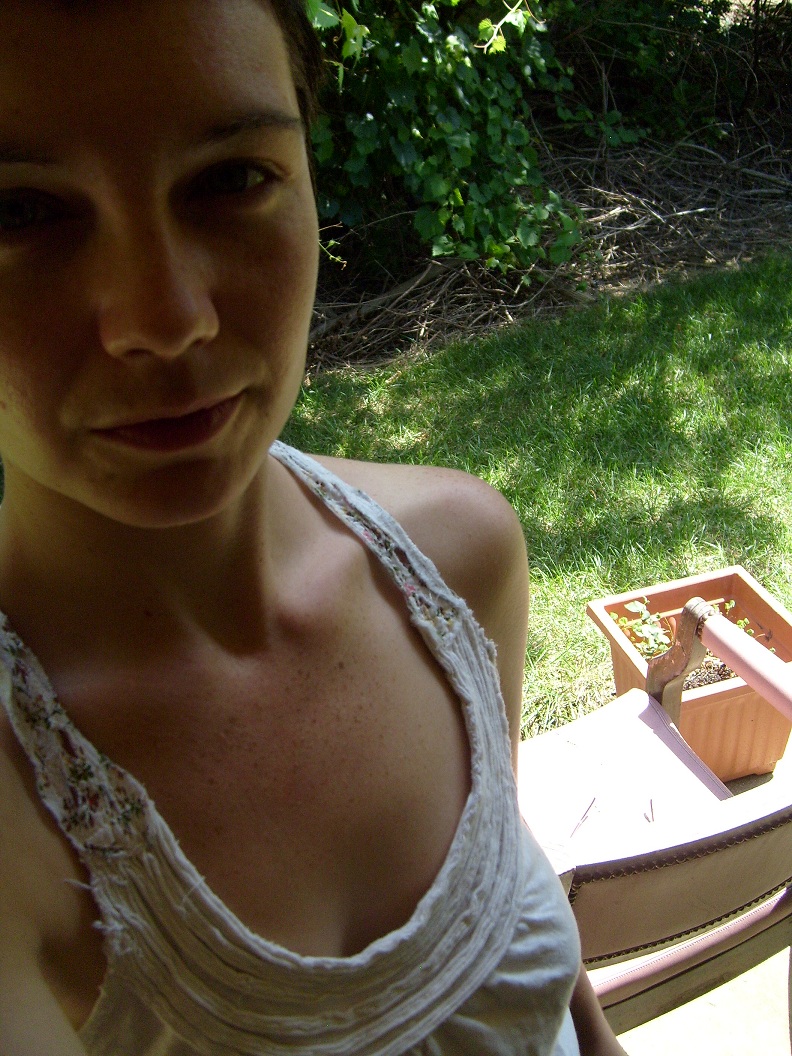Celebration Machine. Dale Tracy. Proper Tales Press. Cobourg, Ontario. 2018.

"If a violin sounds sad, is it?"
from: Serious Living
Today's book of poetry had never encountered the poetry of Dale Tracy before but it sure made my morning. Celebration Machine came as a real positive punch in the head when needed. Today's book of poetry gets herds of poetry in the mail and we read it all, some of it irritates as it goes down. Dale Tracy was definitely a tonic.
Celebration Machine has a feel of intelligent whimsy. Today's book of poetry was never certain where Tracy was taking us, but we always enjoyed the ride. Some of these poems have the feel of lost fairy tales or new myths. Put it this way; Dale Tracy reminded Today's book of poetry how much we love poetry, how much we love seeing how another mind works. Dale Tracy's works wonders.
It's raining. /Me too.
Every galaxy has a hole at its centre.
The sun will never turn into a black hole.
The earth will never fall into a black hole.
That's the kind of thing we know.
Someone was thrifty with the skin
when they sewed me. Many surfaces
complete the body. Something lines
your lungs. Under every skin is another one.
If people were poems I'd be a detective.
If I were a courier I'd be a poet. It's perplexing
because I am a poet but don't have your parcel,
or anything else you asked for.
💫💫💫
"or anything else you asked for." Perfect.
Rainy day here in the National Capitol Region and a few of our minions didn't make the trek into the office this morning. They will be dealt with in the appropriate way. None the less our morning reading was spot on. Pharoah Sanders and Jack Hicks were kicking it up in back and Dale Tracy sounded like they were born burning.
Tracy has mastered the knack of some of the old masters, don't hit the reader over the head, lull them in to a sense of security, like lobsters in a cold water pot, but cook 'em just the same. Gentle tenacity. Celebration Machine is never going to bash your brain with new sensibilities - Tracy wins the audience with her sneaky precision attached to a wildly flamboyant sense of the absurd.
This isn't the tallest or fasted ride at the amusement park but it has the longest line forming behind it. Why? Because Dale Tracy makes it all work precise. Intelligent design.
Fantasy of Being a Quirk in the System
Not the woman by my peonies lingering
with a lighter off the sidewalk, like nothing to burn
Not the man spreading piled leaves thin
across the road, foot's outside edge scraping, like butter knife
Not the kid on training wheels and a bicycle
circling feet in the air off the pedals, like hung spider
A quirk in the system feels like the system
If noticed, it seems innocent, like an accident
💫💫💫
Today's book of poetry remains committed to posting a new blog/review every couple of days but real life keeps raising it's ugly head and getting in the way. No new excuses though, we will try to do better in the coming months.
Dale Tracy's Celebration Machine reminds Today's book of poetry exactly why we are doing these blogs/reviews in the first place. That feeling you get when you read something entirely new, amazing, entertaining. That feeling you get when you've discovered another writer to admire.
Stomach End of the Tongue
I ate my own shadow.
I feel it pulling on the stomach end of my tongue.
The spaces where my fingers would web if they did
show my body's sloshing bruise.
I grip my hand around my limbs to trap it.
I drink pure sunlight.
Finally, I catch a corner emerging from my mouth
and pull it to the ground.
I stand on it.
💫💫💫
One of the weird pleasure Today's book of poetry gets from posting these blogs/reviews is that we actually type out each and every poem, no copying. The reason is that Today's book of poetry believes it helps us get inside the poems. True or not it is a kick when you're typing along and then you get to the end of a poem like Tracy's "Stomach End of the Tongue" and the poet nails it right to the floor. It's a giddy little ride.
Celebration Machine continues the fine Proper Tales Press tradition of finding undiscovered gems. Dale Tracy burns.
👌
On a personal note, today is the 26th anniversary of my marriage to Kirsteen Ann Jackson. Best thing I ever did. 28 best years of my life. And Kirsty is the reason Today's book of poetry has been up and running since 2013. Kirsty makes me feel loved every day and I guess that's the best any one person can do for another. Fingers crossed for another 28 years together. Thank you Kirsty.
👌

Dale Tracy
ABOUT THE POET
Dale Tracy is the author of the chapbook Celebration Machine (Proper Tales, 2018) and the monograph With the Witnesses: Poetry, Compassion, and Claimed Experience (McGill-Queen’s, 2017). Her poetry has appeared or is forthcoming in The Goose, Arch, The Week Shall Inherit the Verse, Gatherings (a chapbook series edited by Stephen Johnson and Jenn Cole), an Artfest Ontario anthology, Puddles of Sky’s illiterature series, and What it Satisfies, a four-poem chappoem from Puddles of Sky. Dale Tracy is Assistant Professor (on contract) in the Department of English at the Royal Military College of Canada.
propertalespress@gmail.com
780
DISCLAIMERS
Poems cited here are assumed to be under copyright by the poet and/or publisher. They are shown here for publicity and review purposes. For any other kind of re-use of these poems, please contact the listed publishers for permission.
We here at TBOP are technically deficient and rely on our bashful Milo to fix everything. We received notice from Google that we were using "cookies"
and that for our readers in Europe there had to be notification of the use of those "cookies. Please be aware that TBOP may employ the use of some "cookies" (whatever they are) and you should take that into consideration.








